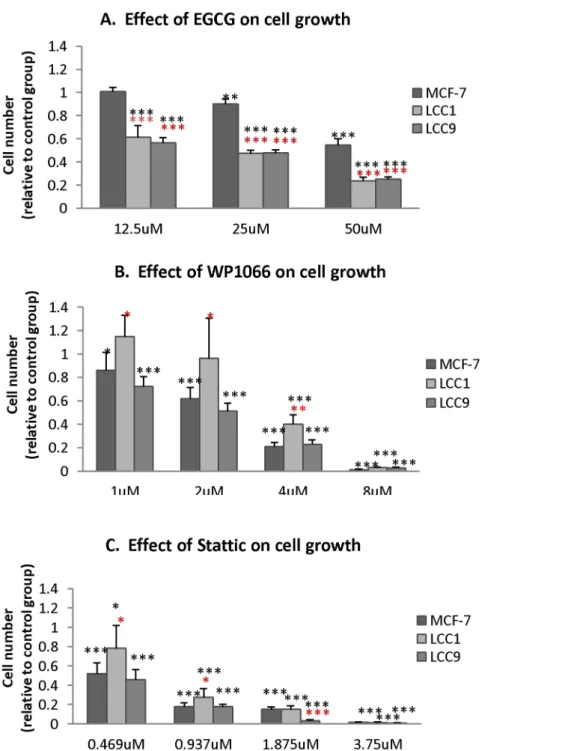Increased STAT1 signaling in endocrine-resistant breast cancer.
Texto
Imagem

Documentos relacionados
Short Communication.. governmental groups has made the problem of breast cancer more visible. The new body of scientific evidence, the wide dissemination of research findings, and,
The purpose of this descriptive study was to identify and describe barriers to early detection of breast cancer, as well as current breast cancer screening behaviors and
Várias perturbações psiquiátricas também têm sido objeto de estudo para a aplicação desta técnica no seu tratamento, principalmente nas formas mais resistentes.. Estudos
The small number of breast cancer cases exposed to 5ARIs and the lack of an association in our study suggest that the development of breast cancer should not in- fluence
This study aimed to evaluate the potential of CIAPIN1 gene silencing by RNA interference (RNAi) as a treatment for drug-resistant breast cancer and to investigate the effect of
This work describes the development of a label free immunosensor based on screen-printed AuNPs/carbon and the characterization of its analytical response for staphylococcal
In the present study, we identified mutations in exons 9 and 20 of the PIK3CA gene in primary breast tumors from Brazilian breast cancer patients, and we analyzed the
Phase 2 randomized trial of primary endocrine therapy versus chemo- therapy in postmenopausal patients with estrogen receptor- positive breast cancer. Chemotherapy (CT)